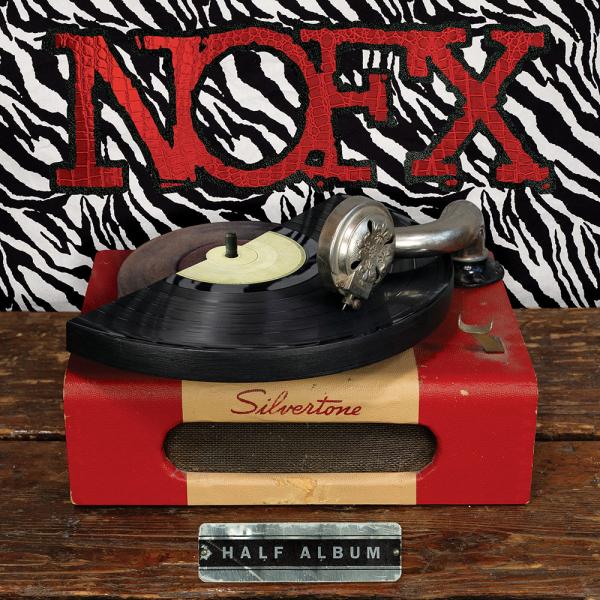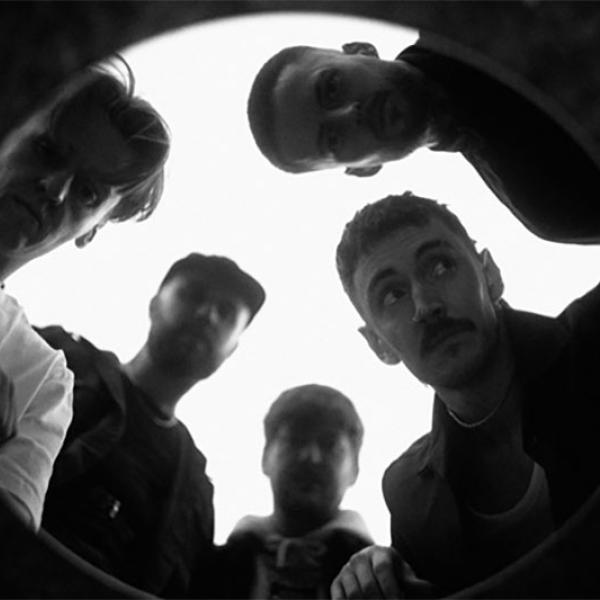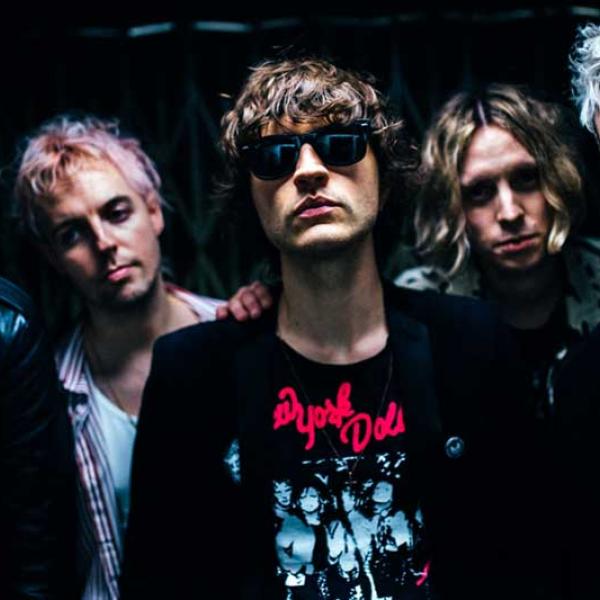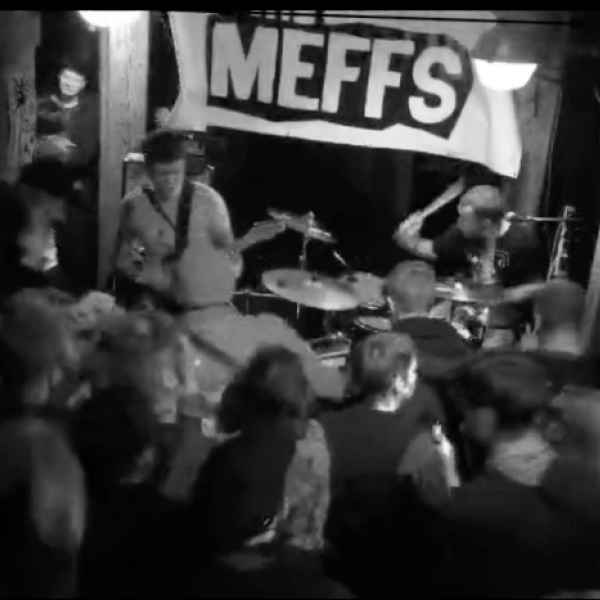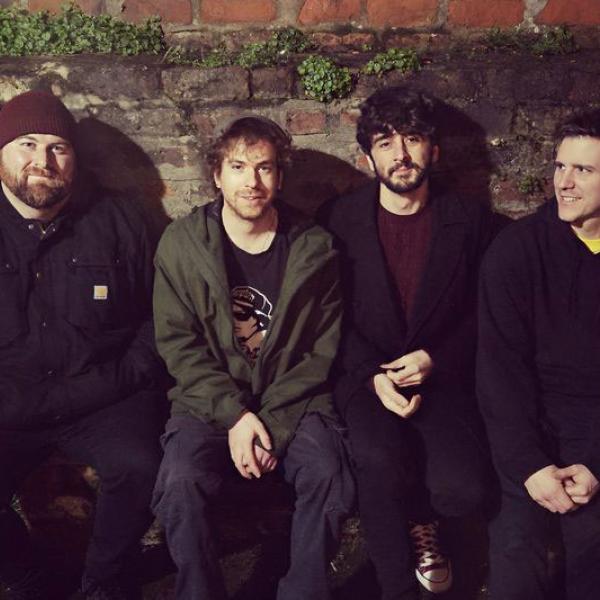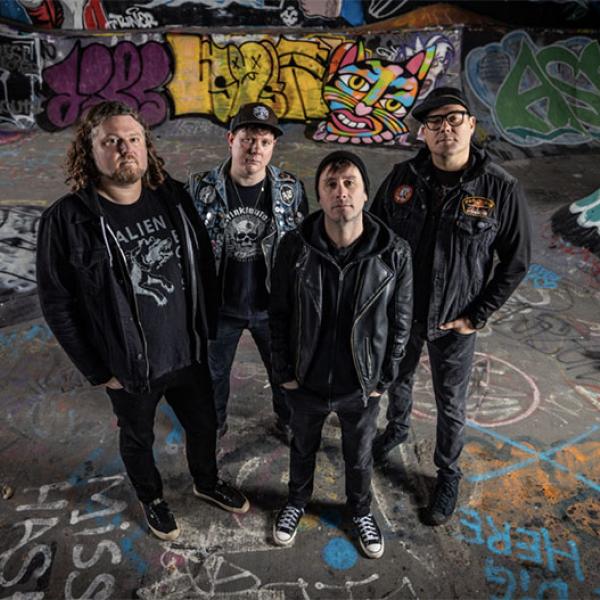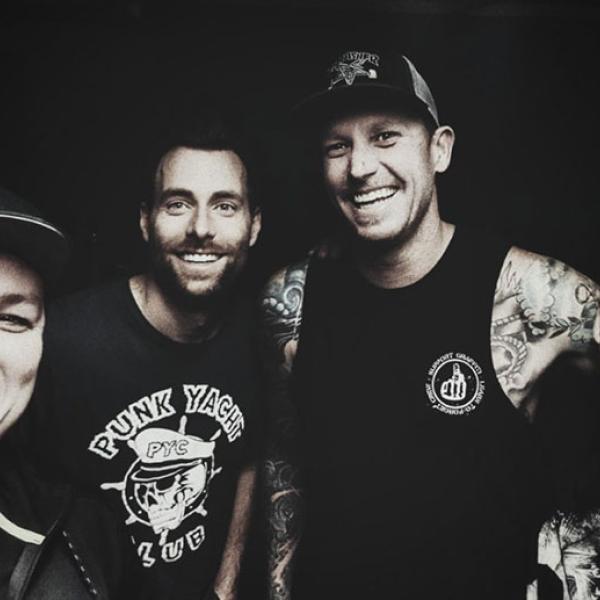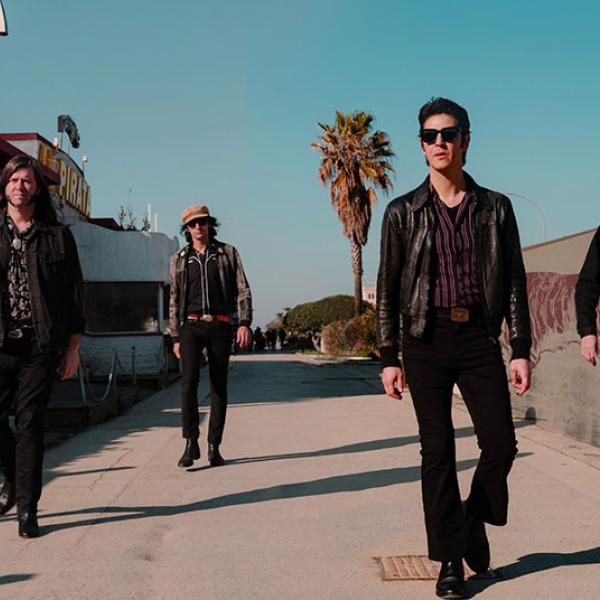Features
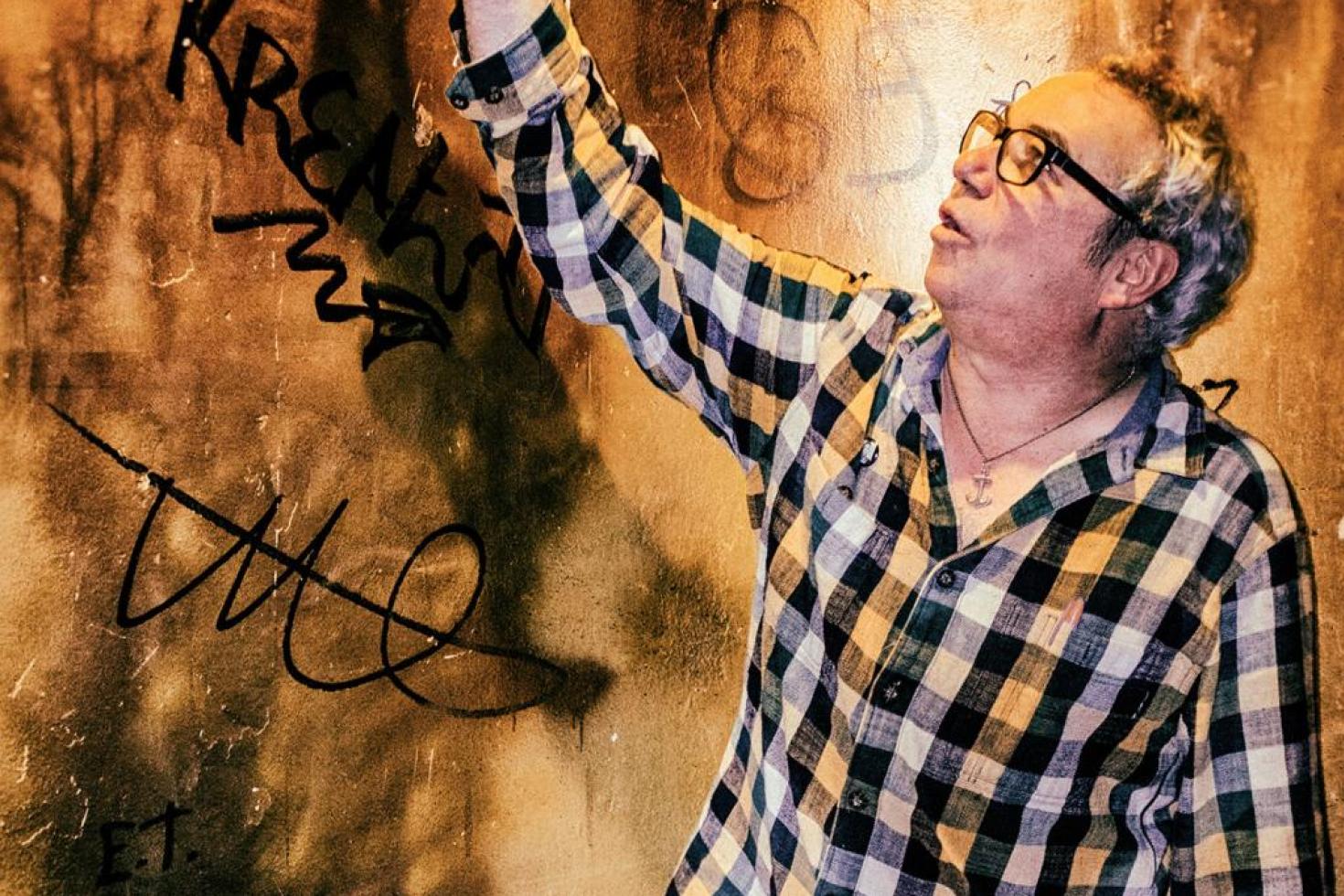
- by Nate Hennon
When I reached out to Tom about joining the Punk Rock Theory family last year, I never imagined I would get the opportunity to talk with anyone of note. I got into this situation for the free music and the experience of telling better musicians that I thought their third song on their fourth album lacked heart. Naturally I was very enthusiastic, overwhelmed and nervous when Tom asked if I wanted to talk to Mike Watt. I was not sure what I was in store for, but no matter how I prepared a conversation with Mike Watt is anything but ordinary. I called him with a plan in mind, but instead I had the chance to just engage and attempt to connect with a Punk music, Bass playing icon. I may not have said much during this conversation, but I learned a lot about life in the music industry, connecting with your band members, the Los Angeles Punk scene, and what makes Mike Watt tick.
PRT: The latest album, "Ring Spiel Tour '95", is a live recording of a show in Chicago 21 years ago, why release it now?
Mike: I wondered about it, it coming out so much later. But if you look at my whole journey, it's when I started to take more chances.
Sony came to me saying they had the whole thing recorded. I thought it sounds pretty rowdy. So I asked the other people. I asked Ed, Dave, and Pat. They were into it. I was surprised. They were not embarrassed.
I don't know if you know it, but a lot of live albums aren't really live. In fact Tim Smith at Sony, Columbia Legacy said he found the individual tracks and they could remix it. I asked Ed, and he said, "Watt it should be what it is" and I agreed with him. That's what it is. It's a place in my music journey
I do talk to people. Since it's been 20 years, these people are in their 40's now, and they recognize it was a really important era. I think that's why some of these clowns are trying to capitalize on the 'Alt' word. Because that was 'alternative,' but at the same time, it was still music with some of the ethics of the punk movement of the 70's.
It became kind of a gig version of the 'Ball-hog or Tugboat?' album.
PRT: But it feels more than just that. Considering the people in your band.
Mike: Nah, it's not my band. It's just me playing with people. They toured with me. It was Dave Grohl's idea. He just asked if he and Ed could be part of the band. I picked the songs and stood in the middle.
A lot of that stuff they didn't know. Things I wrote for "Ball-hog or Tugboat?" and some from DOS and Minutemen. It had to come together really quick. It was a testament to how good of musicians those guys are.
D. Boon and I were watching Pat Smear play before we started Minutemen. Back when he was in The Germs. So this guy is an incredible musician. You play something for him once, and he could play it. And a great cat. Kurt got him for Nirvana then Dave grabbed him. That was something else. Especially for me. It was a trippy thing.
I don't know about other things, but my music journey was not just nostalgia or sentimental. It was about playing for people.
After that gig, I went out with Porno for Pyros. It was the first time I ever played in another band.
PRT: Speaking of that, it seems like you have been able to hook up with various bands as a utility bass player. A handful of years ago I was able to see your play with The Stooges. How did this come about?
Mike: 125 months I got to play with The Stooges. They just called me up and picked me. The same thing happened when I played with J. Mascis and the Fog. I give credit to them and their kindness. I just try to give them my best notes.
There are three different ways I view dealing with people and their music. The stuff with The Minutemen and D. Boon that's collaboration. Then there are the operas (solo albums), where I ask people to take direction. The stuff with Porno for Pyros, where I take direction. Moving between those three moods and taking turns is kind of healthy. It seems like life is about taking turns.
PRT: I found that being a bass player allows you to lean back and found your place in the song.
Mike: Yeah, but I went back to collaboration. Like the stuff with Il Sogno del Marinaio, the Italian guys. I only write a third of that music. It's not really my band. I am part of a band. For my operas, it’s my name, so you know who to blame.
Actually, there is a fourth way. Where you sit at your pad, and someone sends you a track over the internet, and you play to it. It's like collaboration, but you never see who you are working with. I have made whole albums like that. Not something we did back in the day. There's that dimension too.
PRT: Do you prefer one over the other?
Mike: No, you need to do all of them. It's like trying to inhale without exhaling, both are important. There a cycle to the whole thing.
I know dudes who only do the 'sideman thing.' You feel like you are always getting pushed down and never really expressing yourself. Or some that are always giving the orders. Always being the boss, but you never learn that way. It's healthy to do it all.
PRT: What's your approach to songwriting?
Mike: When it comes to songwriting, I normally start with a title. The lyrics come from the title. When it comes to music, I do most of my composing on the bass. Sometimes I don't. All of the music for "Hyphenated-Man" I wrote on D. Boon's Telecasters. But, mostly I do it on the bass. I like how it leaves room for others.
There is an album coming out in April called Big Walnuts Yonder. With myself, Greg from Deerhoof, Nels Cline, and Nick Reinhart of Tera Melos. Of the 10 songs, I wrote 8 of them. But when I bring in a song, they are launch pads and springboards. With guys like Nels, they are really into it. They want music to be more of a conversation. You can start it, but you need to give them room to continue it. That comes from playing with D. Boon and later Nels.
PRT: Speaking of D. Boon, I know you have talked endlessly about that time and The Minutemen. But I still find myself going back to "Double Nickels on the Dime."
Mike: That's probably the best record I've played on. It kind of came together by accident. We had an album ready to go, but Husker Du put out "Zen Arcade". So we decided to go back and write more songs to make it a double-album. For some reason, in our journey, that album became the apogee.
Those things are hard to plan and calculate. In those days we did a record every 6 to 8 months. You had to keep your name out there. D. Boon and I talked about this early on, that you divide the universe into Gigs and Flyers. We come from arena rock, so Punk gigs are some much different. So flyers are things to get people to the gigs. That includes records, pictures, interviews, and flyers.
So we were always recording. But for something like that (Double Nickels on the Dime), a lot of it was just spur of the moment. But "Project: Mersh" and "3-Way Tie (For Last)" are nowhere near. The ones before that were close. A strange one is "What Makes a Man Start Fires?". It's one where I wrote all of the music. I never had to teach D. Boon a song. Nor did he have to with me. We just grew up together, playing. The politics were never in the band; the lyrics were just us thinking out loud. So that's where I come from.
It's trippy. I got into music and I got into playing, to be with my friend. I never expected any of this. I just keep pushing through some terrible luck. Like losing him. But, other people kept wanting me to play with them and be in the band, so I did. When life deal's you a hand, and you just play the best you can. You can never be too full of yourself and try to learn all can from it. Just treat people decent.
You talk about bass players; you got nothing to stick to. You are just a big puddle. Once you get incredible people to play with you start to take shape and life becomes incredibly luck.
The old days were about people, and I think these days are about people too. Whether it is music or the arts, it's about expression. Sometimes, with music, you can just practice, but you need to be sure the people you are with are there too. There's something else about it.
With D. Boon it wasn't about the music. Music was the expression for what we had. I just did this chapter for John Doe where I told him that we were just a product of the 70's. Without the Punk movement, I doubt I know if anybody would have known about The Minutemen. It completely changed things. It's weird. You bring part of yourself, but it became bigger than that. Despite the scene being small, but it was big. It's hard to appreciate it at the moment. Petty shit gets in the way, but we need to get past that.
Guys in bands fight. I have this tape of an interview we did. The whole spiel is me and D. Boon are going at it, and the guy never got to ask any questions. I know people think that me and D. Boon never fought, but we need did. We fought over trippy stuff too, like history. We would be on tour and would have to pull over and go to a library. The point is there are dynamics and personalities. But you come together to make an expression.
I think it was the poet, Arthur Rimbaud, who only wrote poems for a couple of years. He was a teenager. But it was a personal thing. An expression. You never really get a sense of people when they're young. People think they have a sense of me because of my background, but they don't really know me. Sometimes it's really neat. If you see "We Jam Econo," it's about 90 minutes. It's a bunch of people talking about The Minutemen.
You know when you are young, you think about old, but you never think about the middle.
PRT: Just to wrap things up, what is on the horizon for you?
Mike: For 2017, I may record some music in Memphis. Going to tour the West Coast with Toys That Kill out of San Pedro. Then ten gigs in China with The Missingmen. Then doing some Midwest touring with the Meat Puppets, old friends of mine, in May. Then touring Europe with Il Sogno Del Marinaio in September and October. Kind of a full year.


